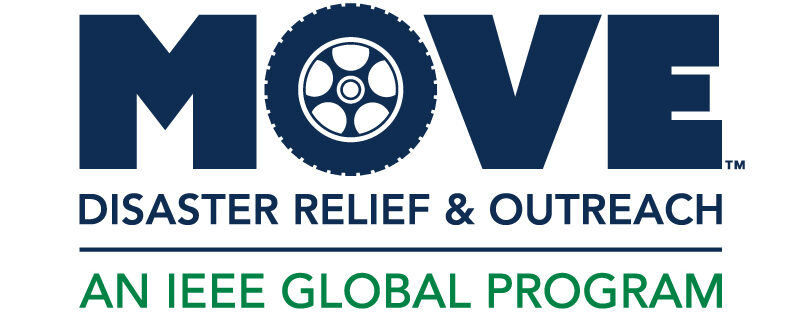
- This event has passed.
Next Generation Mega Satellite Networks
May 12, 2022 @ 2:00 pm - 3:30 pm
This event features four talks associated to four articles and the brief summary of each article are as follows: 1. Next Generation Mega Satellite Networks for Access Equality: Opportunities, Challenges, and Performance Akram Hourani, RMIT University, Australia The article provides guidelines for the systematic analysis of next generation LEO mega satellite constellations. The challenges that stem from the deployment of mega-constellations are noted, and the opportunities that position LEO constellations as a promising solution to attaining global coverage are highlighted along with the target performance metrics. 2. Ultra-Dense LEO Satellite-Based Communication Systems: A Novel Modeling Technique Mustafa A. Kishk, Maynooth University, Ireland The challenges of dense LEO constellations in terms of cost and frequency coordination are addressed in this article. The authors highlight the strength of stochastic geometry (SG)-based modeling techniques to determine the system performance in a realistic manner. The major factors affecting latency and coverage probability using SG-based models are discussed, and the impact of the number of satellites and the height of the constellation on performance is shown through numerical analysis. Envisioned future deployment scenarios are also detailed along with their new challenges that need to be addressed by the research community in the near future. 3. Orbital Edge Offloading on Mega-LEO Satellite Constellations for Equal Access to Computing, Fabio Patrone DITEN, University of Genova, Italy. The functionality of the emerging mega-constellations is expected to extend beyond solely communication purposes. The authors investigate the possibility of integration of the in-network computing paradigm and feature the benefits of the presence of an orbital edge (OE) platform to exploit the fast and distributed computational capability of LEO constellations. The presented preliminary analysis demonstrates the importance of task offloading strategies on overall performance. The potential of artificial intelligence is emphasized, and the emerging challenges for future research directions are noted toward the evolution of space information networks. 4. Ring Road Networks: Access for Anyone Juan A. Fraire, Universidad Nacional de Córdoba (UNC), Argentina, and Saarland University, Germany. Another contribution deals with the concept of ring road networks (RRNs), which builds on the use of small affordable LEO satellites as store-and-forward nodes to asynchronously receive, carry, and deliver data from and to places that lack Internet connectivity. In this article, the authors show how the main advantage of such a concept is that it can be implemented with delay-tolerant network (DTN) protocols so that even a single nano-satellite can provide (extremely high-latency) connectivity services worldwide. Clearly, target beneficiaries are unconnected or isolated populations. Montreal, Quebec, Canada, Virtual: https://events.vtools.ieee.org/m/312960

